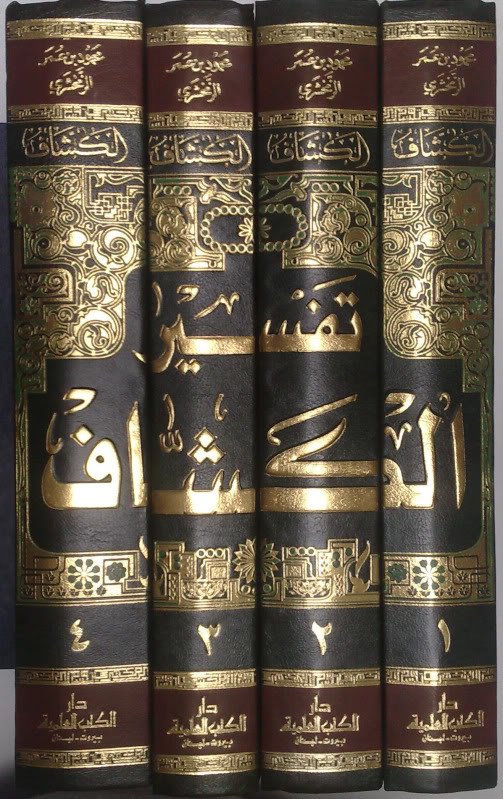Woodrow
May Allah have mercy on him رحمة الله عليه
- Messages
- 17,217
- Reaction score
- 4,224
- Gender
- Male
- Religion
- Islam
Ignatius died in 110 AD and knew Matthew's Gospel, so Matthew must be written before Ignatius' death.
As for the Son of Man - Mark, Matthew and Luke are the best and earliest historical sources we have for Jesus' life, and all have him calling himself the Son of Man. Of course there is no evidence any earlier than the earliest evidence... Son of Man was used throughout the Jewish literature of Jesus' time, used as a way of saying "I", and as reference to the apocalyptic figure described in the OT. So the evidence suggests that it was highly likely that Son of Man was used by Jesus of himself given the radical claims he made.
As for the "Talmud Jmmanuel"...complete hoax that noone can possibly take seriously. UFO connections to Jesus...;D
I do agree the interpretation to come up with UFO's is erroneous. But, as far as the Authenticity of the JT I see no reason to doubt it's authenticity.
Now before we get too disjointed I noticed I still had not addressed one of your earlier issues. It might be one we can get out of the way easy and return and concentrate on the ones we disagree on.
Earlier you asked:
"Do you think it is possible to reconstruct the "Historical Jesus" as modern scholars have tried to do?"
I believe you and I agree that there is sufficient evidence to get at least enough of a view of the "historical Jesus(as)" to verify he was real and did perform numerous miracles such as rasing the dead, healint the sick and blind and many others.

 Ahki,
Ahki,